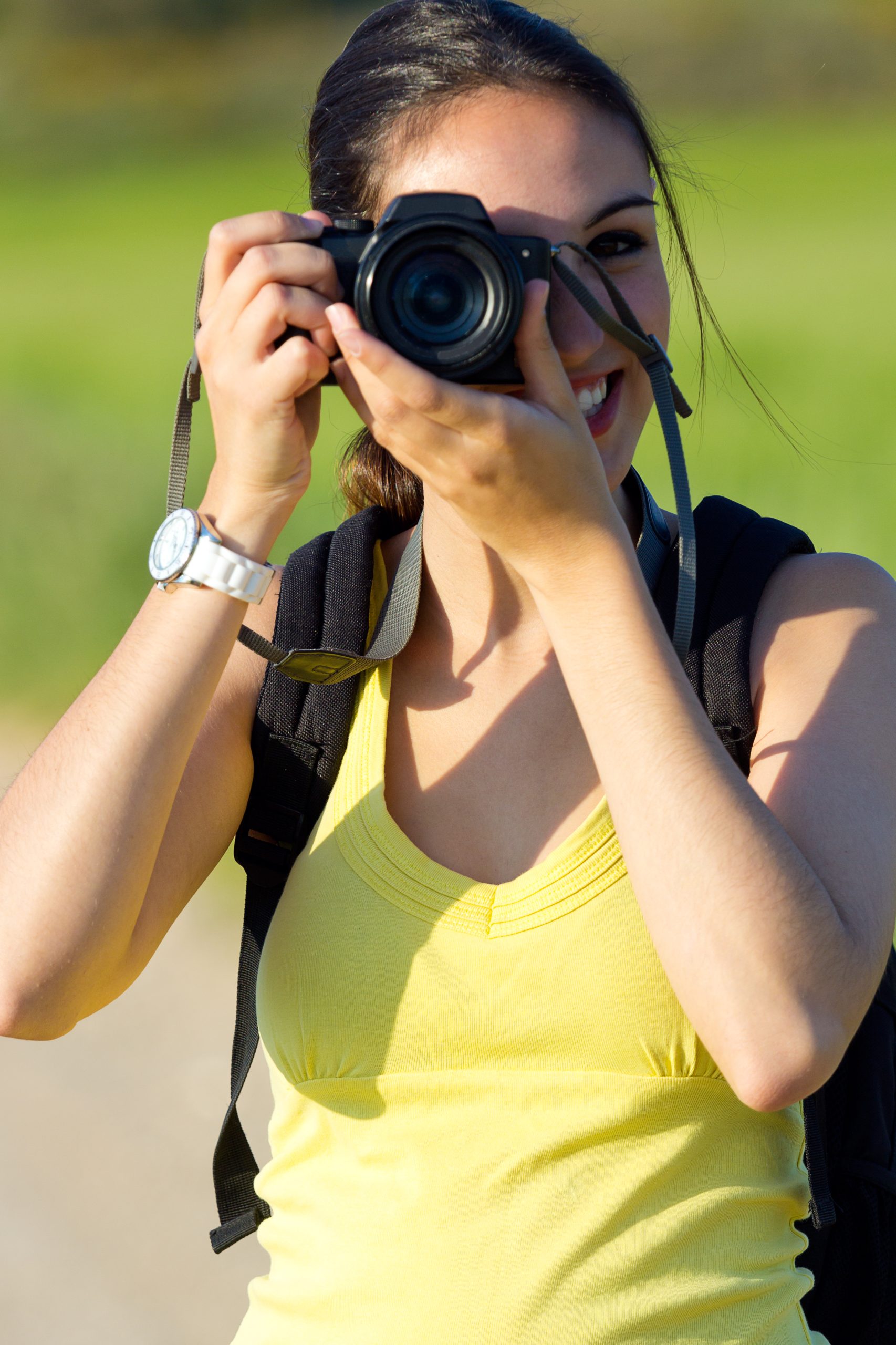The Ultimate Guide to How to Become a Sport Photographer
The dynamic and exhilarating world of sports offers a unique canvas for photographers. Capturing the essence of athleticism, the spirit of competition, and the drama of victory and defeat requires skill, timing, and a deep passion for sports. This guide explores the journey of becoming a sports photographer, offering insights into the skills needed, educational paths, and how to carve out a successful career in this specialized field. For those interested in a broader understanding of sports beyond photography, exploring the best colleges for sports medicine can provide a complementary perspective on athlete care, injury prevention, and the physical demands of sports, enriching the photographer’s insight into the athletic world they aim to capture.
Understanding the Field
What is Sports Photography?
At its core, sports photography is about telling the story of a sporting event through images. It captures moments that embody the physical prowess, emotions, and underlying narratives of sports and athletes. From the adrenaline-pumping action of a football match to the graceful elegance of a gymnastic routine, sports photographers document the fleeting moments that define the essence of sports. Studying the work of famous photographers in the field can provide invaluable insights and inspiration, helping to refine your own approach to capturing the dynamism and drama of sports.
Skills Required
Successful sports photographers require a blend of technical photography skills, a keen eye for composition, and an in-depth understanding of sports. Key skills include:
Technical Proficiency: Mastery of camera settings, lenses, and shooting techniques to capture sharp, well-composed images under various conditions.
Anticipation and Timing: Knowing the sport well enough to anticipate moments and capture them perfectly.
Adaptability: Quickly adapting to different lighting conditions, weather, and action speeds.
How to Become a Sport Photographer
Step 1: Acquire the Right Education
Photographers College and Photographer Colleges
Education plays a crucial role in honing your skills and understanding the intricacies of photography. While a specific degree in sports photography is rare, many colleges and universities offer degrees in photography or photojournalism that lay a strong foundation. These photography colleges often provide courses that cover sports photography, offering practical experience and theoretical knowledge.
Colleges for Photographers
Selecting the right college for photographers is crucial. Look for institutions that offer robust photography programs with experienced faculty, modern facilities, and opportunities for internships or practical projects in sports photography. Courses often cover various topics, from the basics of camera work and lighting to advanced courses on action photography and photo editing.
Step 2: Gain Practical Experience
Internships and Freelancing
Gaining practical experience is crucial. Internships with sports teams, media outlets, or established sports photographers can provide invaluable on-the-job training. Additionally, freelancing for local sports events or school and college sports teams can offer hands-on experience and help build a portfolio.
Step 3: Build a Portfolio
A compelling portfolio is essential for showcasing your skills and style as a sports photographer. Include a variety of shots that demonstrate your ability to capture action, emotions, and storytelling moments in sports. A strong online presence through a professional website or social media platforms can also help attract potential clients or employers.
Step 4: Networking and Professional Development
Networking with professionals in the field, attending sports photography workshops, and joining photography clubs or associations can offer learning and career advancement opportunities. Staying updated with the latest photography technology and trends is also vital for continuous improvement.

Breaking into the Industry
How Do I Become a Sports Photographer?
Breaking into sports photography requires persistence and versatility. Start by covering local sports events and gradually build your reputation and portfolio. Leverage social media and photography platforms to showcase your work and connect with potential clients and mentors.
How Do You Become a Sports Photographer?
Persistence, networking, and a portfolio that showcases your unique perspective and skills are key. Continuous learning and adapting to new technologies and trends in sports photography will keep you relevant in the field.
Conclusion: A Snapshot to Your Dream Career
Becoming a sports photographer involves constant learning, practice, and passion for sports. It requires the ability to take great photos and the perseverance to continually hone your craft, build professional relationships, and understand the sports you are photographing at a deeper level. The path may be challenging, but for those with a genuine love for sports and photography, the rewards of capturing unforgettable moments and telling compelling stories through your lens are unparalleled. Whether through formal education at a photographer's college, practical experience, or self-driven learning, becoming a sports photographer is within reach for those willing to put in the effort and dedication. For those in educational settings seeking to enhance their skills or portfolio, understanding How to find a college photographer can provide opportunities for collaboration, mentorship, and practical experience in the field.